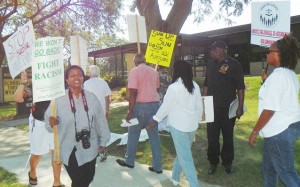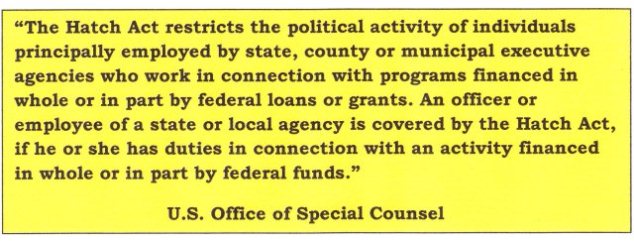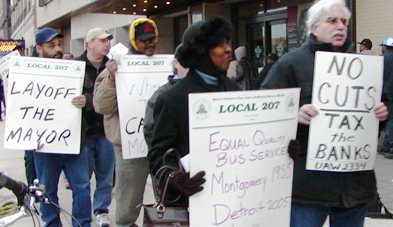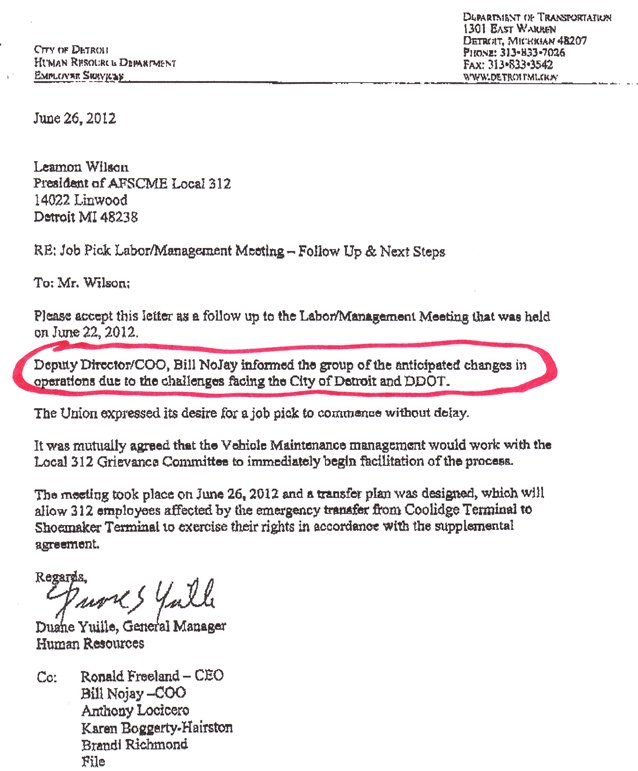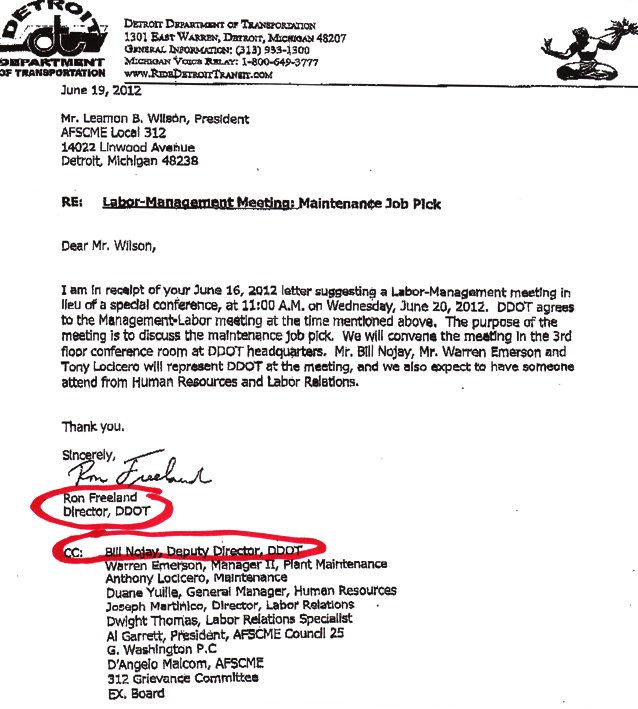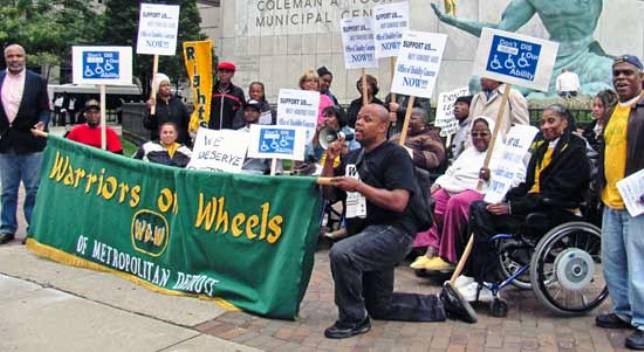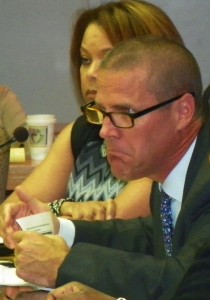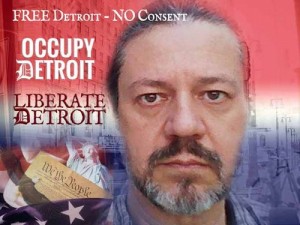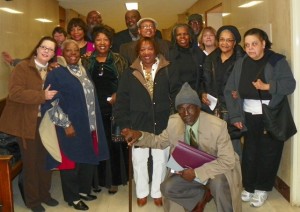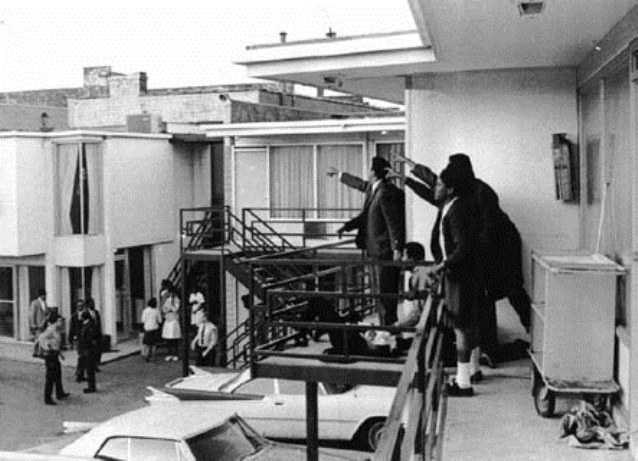Wyandotte Students Face Racism & Bullying!
A No Struggle, No Development Production! By KennySnod * *
Why Does The Wyandotte MI. Schools District Allow Bullying & Racism By Staff Members Toward Its Students?
August 31, 2012
Wyandotte, MI–Members of Team For Justice, The Clear Purpose Foundation, and the Michigan Emergency Committee Against War & Injustice” (MECAWI) picketed and protested outside the offices of the Wyandotte Schools District Administration building Aug. 30 to show their opposition to the continued support of a temporary school employee by the School District and Board members.
They say they tried to get the attention of the administration to address this problem for over six months but were stonewalled at every turn, according to Joe Hudson, father of one of the students who had been victimized.
On Wednesday July 3, 2012 Wayne County Circuit Judge Megan Brennan issued a Personal Protection Order on behalf of two middle school students who faced a hostile environment, bullying, racist taunts, physical threats, stalking and social media attacks by Theresa Elliot during the second half of the 2011-2012 school year. Elliot worked for Temporary School Staffing, a contractor based in Dearborn.
Earlier this month the Assistant Principal of Wilson Middle School had signed an Affidavit of Support for Elliot in her motion for Reconsideration of Judge Brennan’s ruling.
A No Struggle, No Development Production!
By Kenny Snodgrass, Activist, Photographer, Videographer, Author of
1} From Victimization To Empowerment… www.trafford.com/07-0913 eBook available at www.ebookstore.sony.com
2} The World As I’ve Seen It! My Greatest Experience! {Photo Book}
YouTube: I have over 320 Videos, over 103,000 hits averaging 3,000 a month on my YouTube channel @ www.YouTube.com/KennySnod.

Part of parents’ protest outside Wyandotte Board of Education Aug. 30, 2012. The protest grew in numbers to approximately 40 people
PARENTS FIGHT STAFF RACISM, BULLYING IN WYANDOTTE SCHOOLS
Say administration, board have refused to address situation
By Diane Bukowski
September 1, 2012
WYANDOTTE, MI—Parents of Wyandotte Public Schools students of all races marched outside the district’s Board of Education Building Aug. 30 to demand an end to racism and bullying by staff at Wilson Middle School, and the administration’s apparent tolerance of it.
“No federal funds for racist schools, stop violating children’s civil rights,” they chanted. “Defend our children—all children, Black, white, Hispanic, Asian and Native American.”
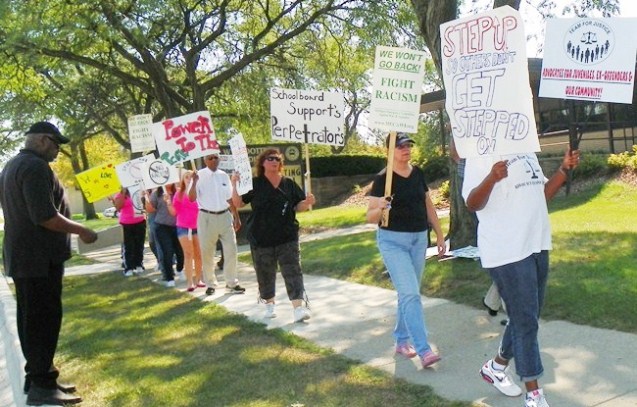
Parent Joe Hudson, President of the Team for Justice (l) leads protesters in chants at the Wyandotte Board of Education Aug. 30, 2012.
Parents said the alleged perpetrator, Theresa Elliott, 49, a temporary worker at the school, and her friends conducted a virtual campaign of terror against 12 and 13 year olds, including African-American children and their friends, during the previous school year, stalking, taunting and physically threatening them.
They said the Wyandotte Police Department colluded with Elliott, responding to her allegedly falsified 911 complaints against them with a show of force, but not to parents’ complaints against her.

- Lori Tims, mother of one of the complaining students, and Janice Havlicsek, who tried to file complaints with the Wyandotte Police Department.
“My daughter is one of the petitioners who was granted a personal protection order (PPO) on July 3 along with another 12-year-old,” Joe Hudson, president of the 40-year-old civil rights organization Team for Justice, told VOD during the protest. “Both moms filed petitions to stop bullying and harassment by Theresa Elliot. She harassed our children for almost six and one-half months. We complained to the principal, the superintendent, and others, but no action was taken. We just want our children to go to school this fall in peace.”
In addition to those two children, another child was granted a third PPO.
Hudson said he received a phone call from a school official two days before the protest claiming Elliott would not be back at Wilson, but that he asked the official why he waited from July 3 until then. Hudson said he does not trust the district to end the hostile atmosphere.
He described Elliott’s alleged behavior.
“She was intimidating, got physically close to the children and made hand grabs for them,” Hudson said. “She went into their lockers and used threatening language. My daughter said she followed them around, and that she and other employees sat in front of them while they had lunch and stared at them.”
Hudson said a friend of Elliott’s, Cecilia Maxey, followed the children into their locker room and taped their conversations without notifying them, a violation of state law, but that she was not arrested or punished.
The PPO’s, issued by Wayne County Circuit Court Judge Megan Brennan, bar Elliott from following the two children, appearing at their homes or confronting them in a public place or on private property, sending mail or other communications to them, calling them, threatening to kill or physically injure them, or posting messages to them on the internet.
Despite the PPO’s, the Hudson family’s attorney Scott Smith told Thomas McLellan, president of the Dearborn-based Temporary School Staff, Inc. which employed Elliott, in an Aug. 16 letter that Elliott continued the harassment.
“It is apparent that Ms. Elliott keeps violating the PPO’s in various ways,” Smith wrote. “Ms Elliott had made internal postings and sent messages to the students she is prohibiting from having contact. Since your company is her employer, this is to put you on notice that your failure to immediately take steps to insure that Ms. Elliott abstain from harassing Ms. Hudson and the other 12-year-old girl will compel my client to file appropriate litigation against your company and the school district for damages and other injunctive relief.”
Hudson said his attorney has received no response to date.
“She [Elliott] was targeting African-American children and any Caucasian students who befriended them became her targets as well,” Hudson said. “I continuously spoke with Principal Thomas Kell and got no results. I’ve been fighting for civil rights all my life and will die for the same thing. I marched with Dr. Martin Luther King, Jr. with my mother as a baby. I’ll be darned if I’m not going to fight against oppression, or any act to cause harm or undue stress to my child or any child in Wyandotte schools or anywhere.”
Hudson said Wyandotte used to be one of 31 Michigan cities considered “sundown towns,” where African-Americans had to be out of town before dark or face dire consequences. He said he has lived there for 25 years and believes great progress has been made, but that he will not tolerate a return to the “sundown” years.
Lori Tims, mother of the second student, who is white, said, “Theresa Elliott followed my daughter, and screamed and yelled at her and five other children during fifth hour gym class. It got progressively worse. She even petitioned for PPO’s on us, and filed false police reports. We dropped our kids off at school one day, and she called 911 and said seven parents were in the parking lot threatening her. The police came and detained us for over a half-hour, while they checked our drivers’ licenses.”
Keith TIms added, “My daughter loves school. To have somebody stalk her, intimidate her with gestures, words and do the same to other children she was friends with is intolerable. The Superintendent and the president of the school board, Ron Kirby, refused to stop it. Kirby said he contacted the judge to have the PPO revoked, an ethicval violation. We just want equality for all—is that so hard—this is 2012.
Parent Janice Havlicsek said she went to the Wyandotte police station to file complaints against Elliott and her friends, but that an Officer Scott Alfholter told her, “We’re tired of baby-sitting you.”
Two other mothers joined the protest spontaneously.

- Mothers Rebecca Hodges and Valen Gow refused to send their children to Wilson, instead driving them miles out of town to another school district.
“I pulled my son out of Wilson because he was being bullied and school officials did nothing,” said Valen Gow. “He was physically assaulted and didn’t even know the name of the boy, who was suspended for only three days even though it was his second offense. There was no reason for the attack. He was friends with everybody, it wasn’t even racial, just bullying. Those anti-bullying signs they have posted are merely a decoration. When I complained to [former] Superintendent Patricia Cole, she just told me, ‘Boys will be boys.’ Now I pay $5,000 a year to send my son to a school outside Wyandotte. I told the Superintendent, “Kids across the world commit suicide because of bullying. I will not allow my son to be a statistic.”
Wilson Principal Kell has now been appointed principal of Roosevelt High School in Wyandotte.

- Thomas Kell, former principal at WIlson, now promoted to principal of Roosevelt High School in Wyandotte.
“My son said, ‘good luck to the kids there,” Gow said. “It’s said that a 14-year-old has to say that.”
Rebecca Hodges told VOD, “My daughter was supposed to attend Wilson, but I pulled her out before she could go there because of what I’d heard. Now instead I drive her 25 miles to Gibraltar schools.”
Jerome Jackson of Detroit, who attended the protest in his wheelchair, said, “I was bullied at 14 and shot and ended up being a paraplegic. That’s why I’m out here. No child should have to fear going to school. “

Jerome Jackson joined the protest for the safety of all children. He was shot by a bully at the age of 14 and became a paraplegic.
VOD entered the Board of Education building at the end of the protest to talk to any official present to get an official statement. No one would comment, even on the racial make-up of the school district. A secretary provided VOD with a statement which completely denied responsibility for anything.
“The district is now aware of any claim of discrimination during the 2011-12 school year that was not addressed by the District according to our policy, wrote current Superintendent Carla S. Harding. “We are familiar with a pending lawsuit between an employee of an independent contractor hired by the District and the family of a Middle School student. We are not a party to that case, have taken no position with respect to those facts and circumstances that led to that lawsuit, and do not intend to do so, now or in the future.”
Messages were left for Board President Rob Kirby and Wyandotte police chief Daniel Grant for their responses to the parents’ allegations.
Kirby replied in an email as follows: “All I can comment about is those statements are false. I am in contact with the district’s attorney about the false comments that was put into print and given out at the protest. Also, I am discussing possible legal action against those who printed those false statements. When a statement is prepared by the districts legal team I will forward it too (sic) you.”
The Wyandotte PATCH said, “Police Chief Daniel Grant said he’s aware of one incident involving ethnic intimidation earlier this year and that an arrest was made in that case. He denied the claim that police “have refused to do anything.”
“The Wyandotte Police Department, in its history, has always investigated claims that are determined to be criminal,” Grant told the PATCH. “And I want to stress that: claims that are determined to be criminal are investigated.”
As Hudson held a prayer circle at the end of the rally, he said demonstrators would be back at the Wyandotte School Board meeting, and also speak with the Mayor and City Council regarding their complaints.
The next Wyandotte Board of Education meeting is a special meeting TUESDAY, SEPT. 18, 2012 at 7 p.m in the Council Chambers at Wyandotte City Hall, 3131 Biddle Ave.
VOD: Joe Hudson also said he earlier fought a racist attack by a Wyandotte neighbor, James Arther Mitchell, who he said threatened to kill him and rape his 12-year-old daughter. He said Mitchell is now jailed. The News-Herald reported on the case at: http://www.thenewsherald.com/articles/2012/02/17/news/doc4f3eaa82d7aaf444176278.txt.




